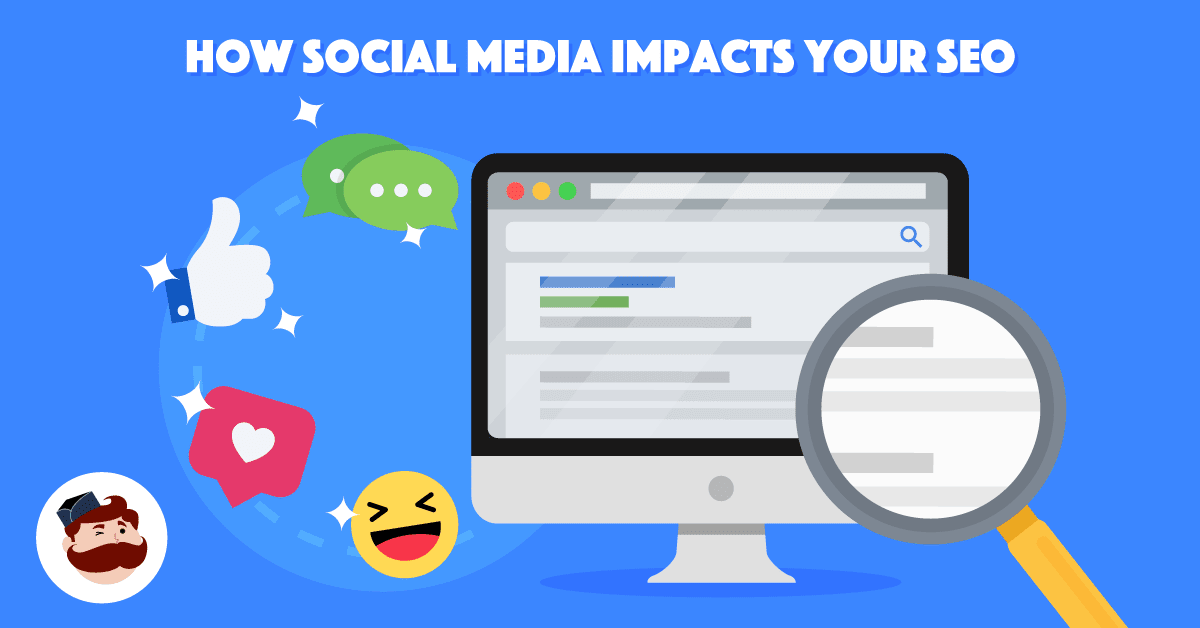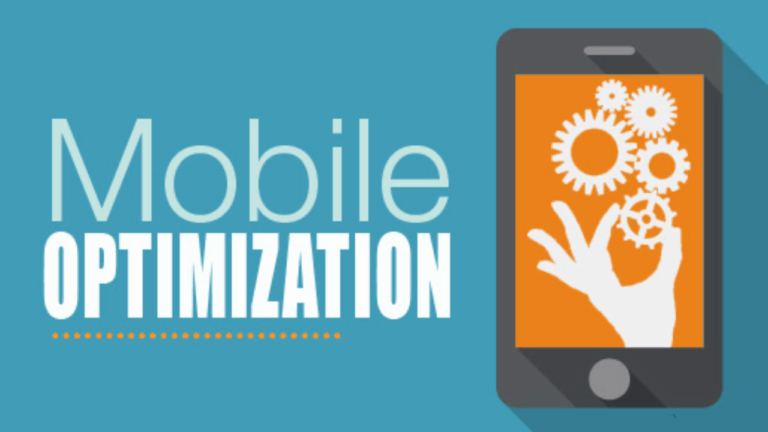Social media can have both direct and indirect effects on SEO (search engine optimization) efforts. Here are some of the ways social media can impact SEO:
Direct Traffic: Social media platforms can drive traffic directly to your website, which can improve your website’s search engine rankings. Google’s algorithm takes into account the amount of traffic your website receives, and the more traffic you get, the higher your search engine rankings will be.
Link Building: When your content is shared on social media platforms, it can attract links from other websites. These back links can increase the authority and credibility of your website, which can improve your search engine rankings.
Social Signals: Google and other search engines have started to use social signals as a ranking factor. Social signals are likes, shares, and comments on social media platforms, and they can indicate the popularity and relevance of your content.
Brand Awareness: Social media can increase your brand awareness, which can lead to more searches for your brand name. When people search for your brand name, Google may show more of your content in search results, which can improve your search engine rankings.
Engagement Metrics: Social media platforms provide engagement metrics like likes, shares, and comments, which can help you understand how your content is performing. By analyzing these metrics, you can optimize your content for better engagement, which can indirectly improve your search engine rankings.
In summary, social media can have a significant impact on SEO by driving traffic, generating Back links, providing social signals, increasing brand awareness, and providing engagement metrics.



